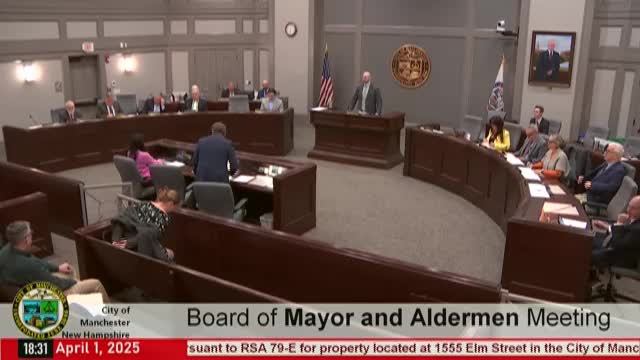Article not found
This article is no longer available. But don't worry—we've gathered other articles that discuss the same topic.
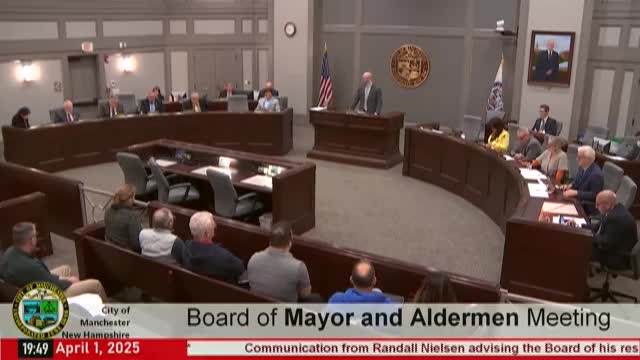
Board accepts a resignation, confirms Arts Commission appointment and hears airport leadership announcement
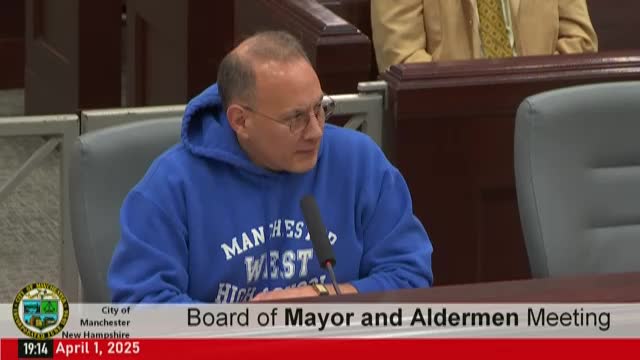
Aldermen send primary‑date change to committee; motion to extend mayor/at‑large terms fails
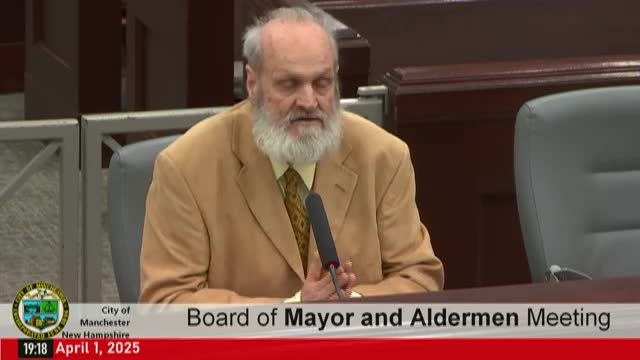
Board approves shelter operating funds and contracts; debate continues over low‑barrier model
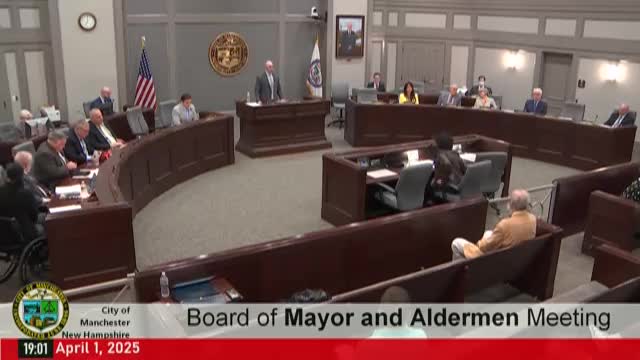
Residents, school officials urge aldermen not to cut $9.5 million from school budget
